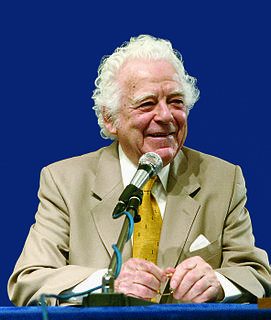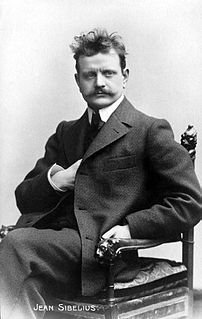A Quote by Tom Chatfield
Vast volumes of mixed media surround us, from music to games and videos. Yet almost all of our online actions still begin and end with writing: text messages, status updates, typed search queries, comments and responses, screens packed with verbal exchanges and, underpinning it all, countless billions of words.
Related Quotes
I often recall these words when I am writing, and I think to myself, “It’s true. There aren’t any new words. Our job is to give new meanings and special overtones to absolutely ordinary words.” I find the thought reassuring. It means that vast, unknown stretches still lie before us, fertile territories just waiting for us to cultivate them.
With Orff it is text, text, text - the music always subordinate. Not so with me. In 'Magnificat,' the text is important, but in some places I'm writing just music and not caring about text. Sometimes I'm using extremely complicated polyphony where the text is completely buried. So no, I am not another Orff, and I'm not primitive.
We need to discuss what our own standards are for games writing that falls outside of journalism, and support experimental formats and routes of production that may be more tailored to them than the status quo, because the public at large seems to still think that the only games writing that exists are reviews and news.
The quality of everything we do: our physical actions, our verbal actions, and even our mental actions, depends on our motivation. That's why it's important for us to examine our motivation in our day to day life. If we cultivate respect for others and our motivation is sincere, if we develop a genuine concern for others’ well-being, then all our actions will be positive.
I believe that words can help us move or keep us paralysed, and that our choices of language and verbal tone have something - a great deal - to do with how we live our lives and whom we end up speaking with and hearing; and that we can deflect words by trivialization, of course, but also by ritualized respect, or we can let them enter our souls and mix with the juices of our minds.
Writing engenders in us certain attitudes toward language. It encourages us to take words for granted. Writing has enabled us to store vast quantities of words indefinitely. This is advantageous on the one hand but dangerous on the other. The result is that we have developed a kind of false security where language is concerned, and our sensitivity to language has deteriorated. And we have become in proportion insensitive to silence.
Trading is a small part of the work of the stock exchanges. They are really to do with financial speculation, and they speculate on the value of the yen, the dollar, the pound, the franc, or the euro, at any given time. Billions are lost and billions are made by this speculation, and that's what the stock exchanges are about. They are for greedy minds.
Generally, the imagery and the text go hand in hand. It's much easier when the text comes first, but sometimes I need visual stimulation in order to find the words. I get an idea of what I want when I begin to shoot, and the text is usually the last thing to be resolved. I tend to leave the text open, and I refine the words up to the last minute. As for the image, I can resolve that and get that done fairly quickly.
Governmental surveillance is not about the government collecting the information you're sharing publicly and willingly; it's about collecting the information you don't think you're sharing at all, such as the online searches you do on search engines... or private emails or text messages... or the location of your mobile phone at any time.
I'm a huge proponent of exchanges, student exchanges, cultural exchanges, university exchanges. We talk a lot about public diplomacy, .. It's extremely important that we get our message out, but it's also the case that we should not have a monologue with other people. It has to be a conversation, and you can't do that without exchanges and openness.
What makes us leave what we love best? What is it inside us that keeps erasing itself When we need it most, That sends us into uncertainty for its own sake And holds us flush there until we begin to love it And have to begin again? What is it within our own lives we decline to live Whenever we find it, making our days unendurable, And nights almost visionless? I still don't know yet, but I do it.



































